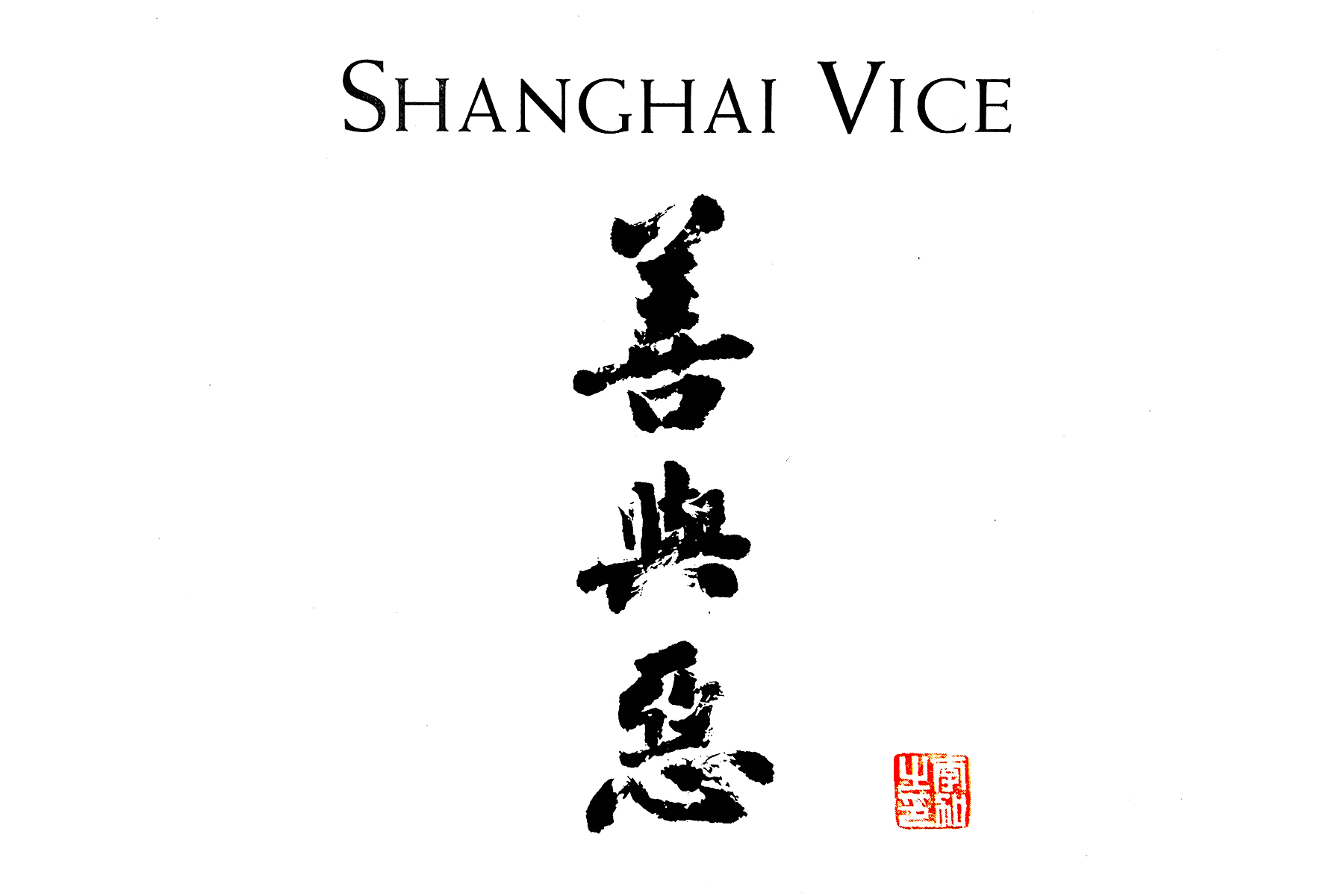I recently watched Shanghai Vice, a remarkable seven-part documentary series directed by Phil Agland and narrated by Ian Holm, which aired in 1999 on Channel 4 in the UK. The series offers an intimate look at Shanghai’s rapid transformation during the 1990s, following Deng Xiaoping’s 1992 call for the city to spearhead China’s modernisation.
Filmed over three years, the series explores themes of love, crime, and punishment, highlighting the complexities of a society in flux. What makes it so compelling is the unprecedented access Agland and his team negotiated with the Shanghai police—particularly the city’s vice squad.
That access feels almost unimaginable today. The camera takes us inside interrogation rooms, private apartments, and late-night raids with a level of candor that’s both eye-opening and deeply affecting.
We come face to face with murderers confessing their crimes, bodies being fished out of rivers, victims’ families sobbing uncontrollably, the devastation following the 1996 Lijiang earthquake, and a child who needs urgent heart surgery but whose parents can’t afford it—all presented with a raw, unfiltered honesty that brings home the reality of these situations in a way I’ve never seen before.
The documentary captures the humanity and contradictions of both those enforcing the law and those living on its margins. It lingers on moments of vulnerability, humor, and quiet desperation—always observing, never judging.
There are no neat resolutions. Many of the people we meet are left where they began—trapped in cycles of poverty, moral compromise, or bureaucratic inertia. But that’s what makes Shanghai Vice so powerful. It’s a time capsule of a city wrestling with modernity, morality, and the human cost of progress. Quiet, poignant, and unforgettable.
The whole series is available on YouTube, and a facinating interview with the director is above.


Reply